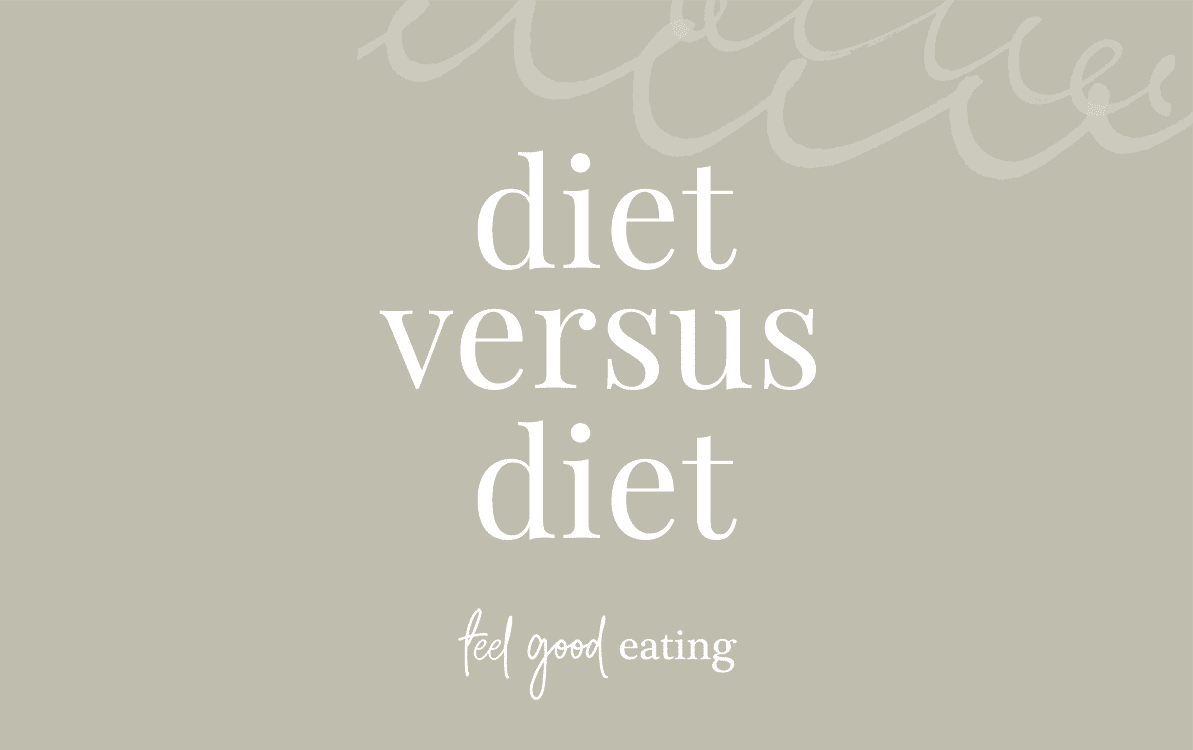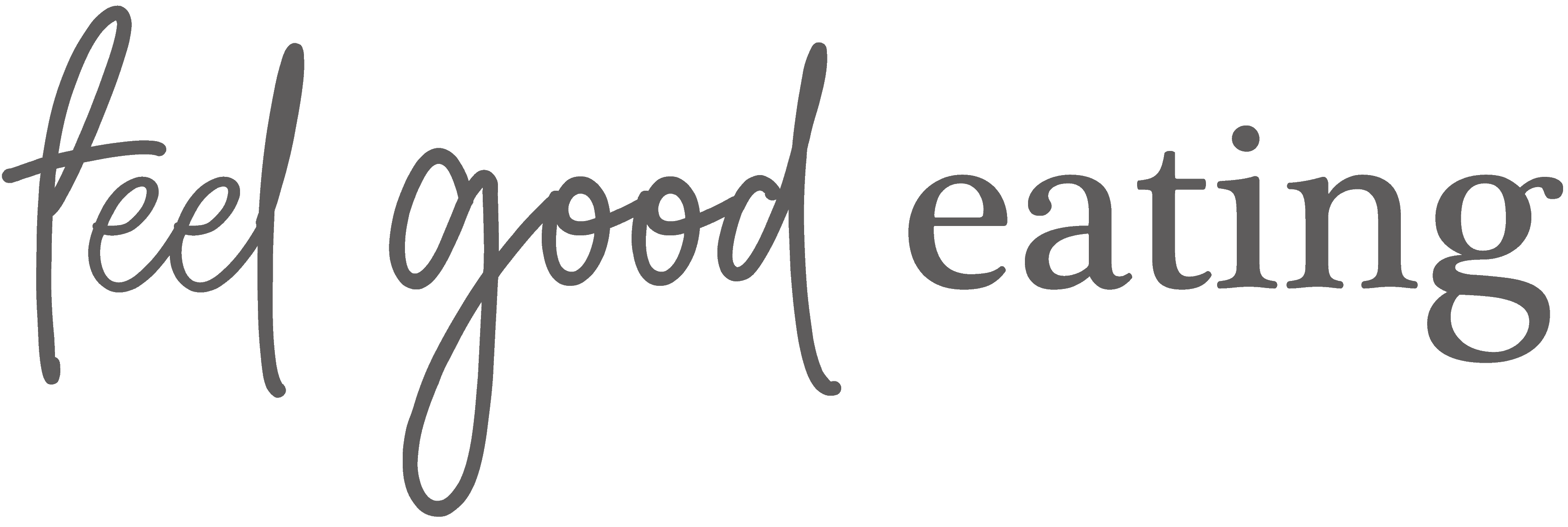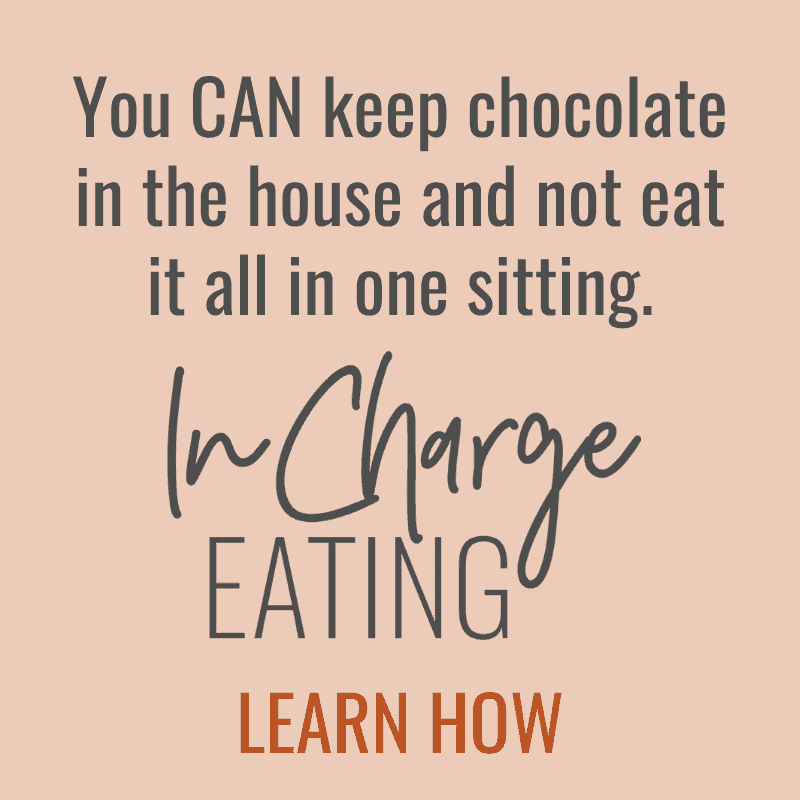Don’t you just love the English language? There are so many idiosyncrasies that unless you grew up immersed in it, English language makes no sense at all.
One of the confusions that keeps coming up with the English language and the non-diet approach is just what is meant by a ‘diet’.
It doesn’t help that when you look it up in the dictionary, there are two different definitions for the word.
We have:
- “The kinds of food that a person, animal, or community habitually eats.”
OR
- “Restrict oneself to small amounts or special kinds of food in order to lose weight.”
Great.
Now I don’t claim to be the expert when it comes to defining words, but I thought I would take a crack going into a bit more detail about the difference between these two definitions – or at least how I interpret them as someone who uses a non-diet approach (NDA) in my work.

1. diet
Technically, we all have a diet. It is not just the foods we eat on a daily basis. But also our eating patterns. It is the way in which we engage with food and eating where there is no weight loss agenda. Where there is no intention to maintain a certain weight or to manipulate body size/shape.
Instead, we might be talking about things like variety, flexibility, enjoyment, ease, adequacy, access, regularity, cultural influences etc. in the types of foods or eating patterns when we are describing a person’s ‘diet’.
I tend to think that special diets for medical reasons also fall under this definition of ‘diet’.
For example, a person who has Coeliac disease may choose to follow a gluten free ‘diet’ – to take care of their body knowing that eating gluten causes damage to their insides. Not as a means to manipulate body size/shape.
Or, a person who has just had surgery may temporarily alter the foods and ways in which they eat while their body heals – again the ‘diets’ they follow during this time are not for weight loss.
At the end of the day, under this definition, there is no need to put a label on it – a person’s diet just IS (Of course it can be handy to be able to label or name what it is when eating out or being catered for where there is something like a medically diagnosed food allergy or Coeliac Disease involved).
2. diet
As per the ‘official dictionary definition’, the OTHER type of diet is one where the intention behind the eating behaviour IS weight loss or body shape manipulation.
So, that could be a diet with a marketable name, like Keto, Paleo, Weight Watchers (yeah, I am not getting on board with the whole WW thing), Blood Type, Intermittent Fasting, CSIRO Total Wellbeing Diet….I’ll stop now because otherwise I will be here forever listing all of the iterations of weight loss diets that have gone before us.
This definition can also include things like portion control, cutting out food groups or specific foods, making a ‘lifestyle change’, weighing and measuring food, tracking food or calories, reading food labels etc. All of these behaviours described still constitute being on a diet if the reason behind doing them is to lose weight or prevent weight gain.
This definition involves black and white thinking, all or nothing thinking and people tend to describe themselves as being ON or OFF it.

so, is the non-diet approach opposed to all of these definitions of diets?
In addition to the confusion around the two different definitions of the word, there is also some misunderstanding about who intuitive eating and the non-diet approach is appropriate for.
Specifically, there is this idea that the NDA and intuitive eating are not options for people who choose to be on a special diet to take care of a medical condition. I am assuming this is because the NDA and intuitive eating are all about not being ‘on a diet’. But there are some people benefit from incorporating a special ‘diet’ as part of their overall management of a medical condition. I think this assumption falls into the black and white, all or nothing thinking I mentioned before. That because we are saying ‘non-DIET’, then anyone, on ANY type of ‘diet’ is excluded.
In short, the answer is NO. The NDA is NOT opposed to all of these definitions. And, just personally, I am not opposed to ANY of these definitions of diets – everyone has the right to body autonomy and to eat in a way that they think is best for them.
The NDA and using intuitive eating (aff link) is about helping people move AWAY from the type of ‘diets’ that have weight loss/body manipulation as their intention/outcome. Purely because the evidence we have at our disposal shows that this type of eating and relationship to food is harmful to physical, mental and emotional health. The NDA and intuitive eating is about helping move people TOWARDS a way of eating that is flexible, pleasurable and contains as wide a variety of foods that fit within the constraints of medical conditions and personal preferences.
The non-diet approach and intuitive eating is for everybody in every body*.
*A clinician trained in the non-diet approach and intuitive eating will be able to help you incorporate the principles and skills of intuitive eating into your life based on any medical conditions you may have or where you are at in recovery from an eating disorder.

 Hi! My name is Nina.
I’m a Certified Intuitive Eating Counsellor taking the ‘diet’ out of Dietitian. I am here to help you reject diet culture, tune into your body’s own inner wisdom about how to truly nourish yourself and ultimately feel good eating™
Hi! My name is Nina.
I’m a Certified Intuitive Eating Counsellor taking the ‘diet’ out of Dietitian. I am here to help you reject diet culture, tune into your body’s own inner wisdom about how to truly nourish yourself and ultimately feel good eating™ 

Great explanation, it’s terrible what the word diet has done to the word diet. What we eat shouldn’t have to fit into such a narrow mold!
Thanks Kara! Ugh, yes, there is no room for nuance
Definitely an important distinction! I talk about this with my clients a lot. Diet doesn’t have to be a bad word, but the way our society defines it can be troublesome!
So glad you are having that discussion – developing critical thinking skills is so important in diet culture.
Great post! I’m teaching a nutrition class at a local college right now and when I asked the students what the term “diet” meant to them they pretty much all said to try to lose weight. I love clearing up the confusion and teaching people about intuitive eating!
Thank you for doing the work you are doing